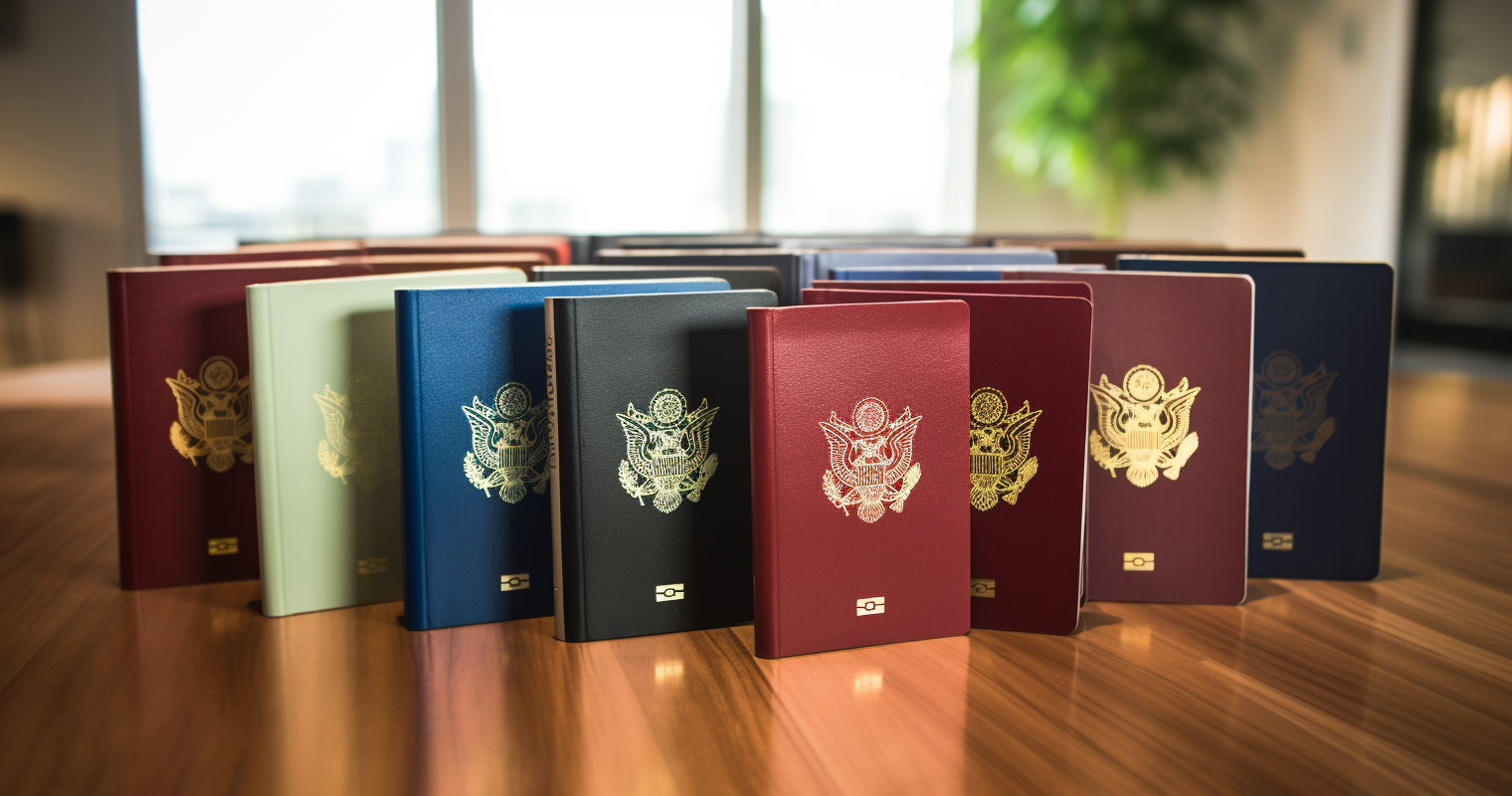In South Korea, citizenship can be acquired through various means, such as birth, naturalization, or marriage.
- Birth: A person born in South Korea to one or both Korean parents is automatically a Korean citizen.
- Naturalization: A foreigner who has legally resided in South Korea for at least five years can apply for naturalization. There are several requirements that must be met, including proof of financial stability and a good command of the Korean language.
- Marriage: A foreigner who is married to a Korean citizen can apply for citizenship after two years of marriage and living in South Korea for at least three years.
Process of Applying for Citizenship in South Korea
The process for applying for citizenship in South Korea varies depending on the type of citizenship being sought.
For naturalization, the applicant must fulfill the following requirements:
- Legal and continuous residence in South Korea for at least five years.
- A good conduct certificate issued by the Korean National Police Agency.
- A basic knowledge of the Korean language.
- The ability to maintain a livelihood on one’s own or with the help of family members.
- An understanding of the customs and culture of South Korea.
- No record of criminal activity.
Once the application is submitted, the Ministry of Justice conducts an investigation into the applicant’s background, including their criminal history, finances, and other relevant factors. If the application is approved, the applicant must take an oath of allegiance to South Korea and renounce their previous nationality.
For marriage-based citizenship, the process is as follows:
- Legal and continuous residence in South Korea for at least three years.
- A valid marriage to a Korean citizen for at least two years.
- No record of criminal activity.
- Basic knowledge of the Korean language.
- The ability to maintain a livelihood on one’s own or with the help of family members.
- An understanding of the customs and culture of South Korea.
Once the application is submitted, the Ministry of Justice will investigate the applicant’s background and may conduct an interview. If approved, the applicant must take an oath of allegiance to South Korea and renounce their previous nationality.
Advantages of Being Granted Citizenship in South Korea
There are several advantages to being granted citizenship in South Korea, including:
- The ability to vote in national and local elections.
- Eligibility for public office.
- Access to public healthcare and social welfare benefits.
- The ability to work in certain professions that require Korean citizenship.
- The ability to own property and start a business in South Korea.
- The ability to travel on a South Korean passport.
Rules Surrounding Dual Citizenship in South Korea
South Korea permits dual citizenship under certain circumstances. However, it is important to note that this is subject to change, as the country has made changes to its citizenship laws in recent years.
Dual citizenship is allowed for those who:
- Are married to a Korean citizen.
- Acquired Korean citizenship by birth and also hold a foreign nationality.
- Hold a foreign nationality and also meet certain criteria, such as contributing to South Korea’s economy or society.
However, dual citizenship is not allowed for those who acquire citizenship through naturalization. In such cases, the applicant must renounce their previous nationality.
Reliable Information on Citizenship in South Korea
For further information on citizenship in South Korea, one can consult the website of the Korean Immigration Service, which provides information on the various requirements and processes for obtaining citizenship. It is also recommended to consult with a legal professional who specializes in immigration law.

